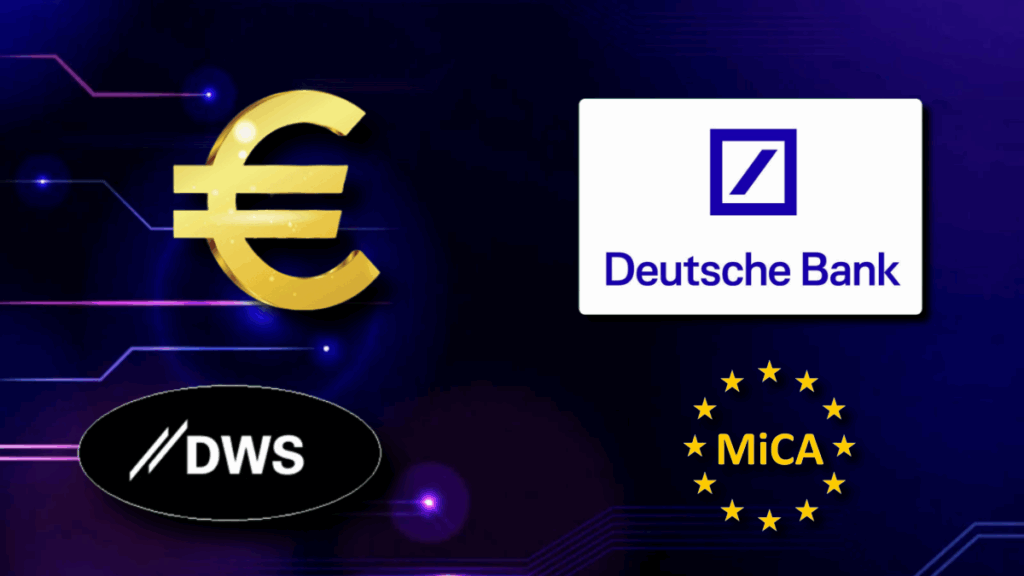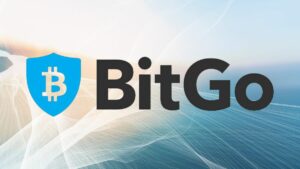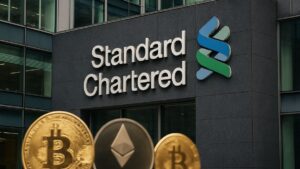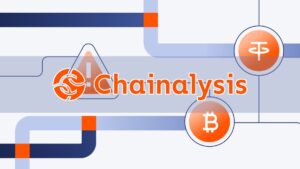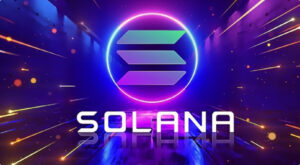TL;DR
- DWS and Deutsche Bank’s joint venture, AllUnity, has received an E-Money Institution license from BaFin to issue EURAU, a fully regulated euro-pegged stablecoin under the MiCA framework.
- EURAU is backed by Galaxy Digital and will feature institutional-grade transparency, targeting financial institutions, fintechs, and enterprise clients.
- With MiCA regulations taking effect across the EU, EURAU positions itself as a serious alternative to non-compliant players like Tether.
AllUnity, the joint initiative from Deutsche Bank and DWS, has officially secured regulatory clearance to issue a euro-backed stablecoin named EURAU. The project obtained an E-Money Institution (EMI) license from Germany’s financial regulator BaFin, making it one of the first MiCA-compliant euro stablecoins to enter the European market.
Developed with support from Galaxy Digital and liquidity provided by Flow Traders, EURAU is designed for seamless integration into institutional financial systems, fintech services, and corporate treasury operations. The stablecoin will offer fully audited proof-of-reserves and real-time financial disclosures, meeting regulatory and transparency standards that traditional financial institutions expect. Blockchain-native features will also enhance interoperability across decentralized platforms and cross-border transactions involving euro-denominated digital assets.
Europe Emerges As Strategic Battleground For Regulated Stablecoins
The timing of EURAU’s entry into the market aligns with the formal implementation of the EU’s Markets in Crypto-Assets Regulation (MiCA), which took full effect on December 30, 2024. MiCA introduces strict compliance standards for stablecoin issuers operating in the European Economic Area.
This regulatory overhaul has led to the removal of non-compliant stablecoins like Tether’s USDt from major exchanges including Binance and Coinbase for European users. As Tether continues to operate outside the MiCA framework, regulated alternatives such as Circle’s Euro Coin (EURC), Paxos’s USDG, and now AllUnity’s EURAU are rapidly gaining market share and establishing themselves as preferred options among compliance-focused investors and enterprise platforms.
Banking Giants Signal a Shift Toward Institutional-Grade Digital Assets
The direct involvement of Deutsche Bank and DWS offers EURAU a competitive advantage that extends beyond compliance. Their presence brings deep-rooted European financial infrastructure, brand credibility, and longstanding relationships with enterprise clients, features that many existing stablecoin issuers cannot replicate.
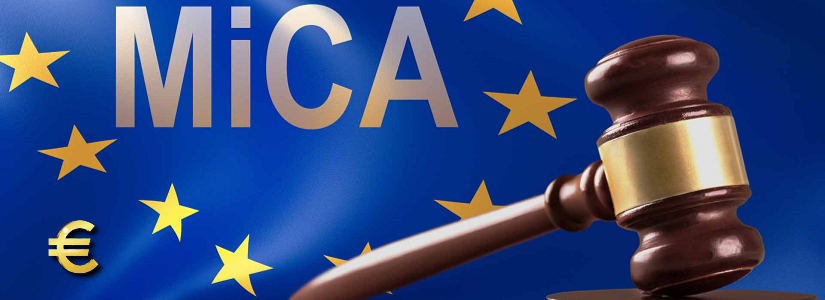
This signals a broader transition within the digital asset space: as regulatory clarity increases, institutional players are stepping in to redefine the stablecoin market. EURAU exemplifies this new wave of regulated digital money, one where financial transparency, risk controls, and oversight are not optional, but foundational.
If adoption accelerates, EURAU could eventually serve as a central instrument for tokenized payments, real-time settlements, programmable finance, and seamless blockchain-based operations across Europe’s evolving financial system.


